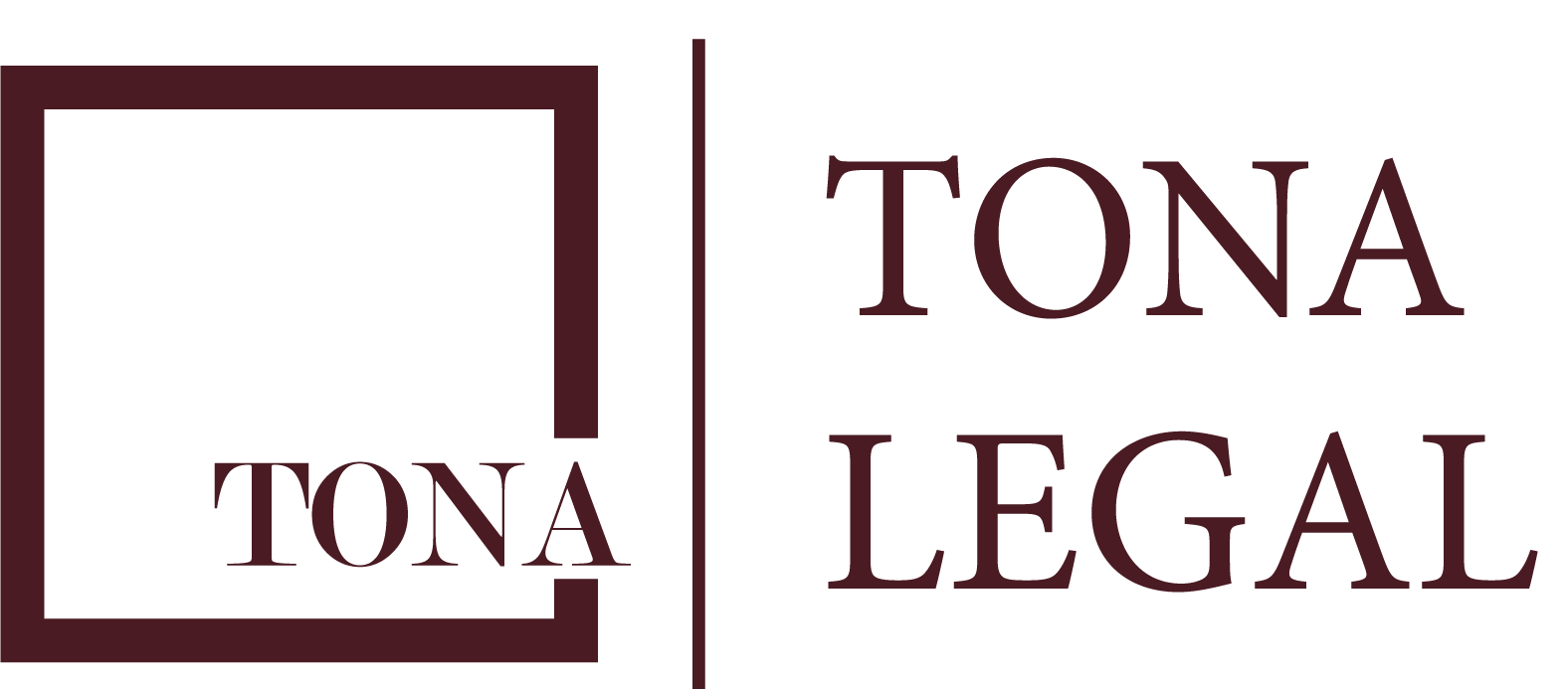Entrepreneurs should prepare solutions to adapt to constantly changing laws.
We all know that changing and supplementing policies and laws to suit each period in order to effectively regulate social relations, which are always adaptive in nature, is really necessary and its important role in preserving the institution cannot be denied. Accordingly, innovating mechanisms and laws in a scientific manner and predicting stable and long-term effectiveness will significantly reduce potential risks when the legal corridor becomes outdated, has many shortcomings and is no longer a useful tool enough to act as a common rule of conduct in social life. However, adjusting policies and laws must be done with extreme caution, avoiding “shocking” changes that create unfairness and negatively affect the rights and legitimate interests of subjects participating in legal relations, especially unions and private economic organizations – a subject that is contributing to enhancing the national position in the digital transformation era. Within the framework of this article, the author focuses on approaching the impact of the current large-scale changes in policies and laws on enterprises, especially foreign-invested enterprises – an important element that contributes to the positive momentum to create material wealth for the whole society. In addition, with an independent perspective, the author boldly points out the inappropriate points of some typical legal documents with the aim of contributing to the completion of the legal corridor, overcoming shortcomings and obstacles in the law enforcement process to move towards creating a healthy competitive environment, ensuring a balance of interests for enterprises, large economic groups and more broadly for all subjects in a true rule-of-law State.
First of all, it is necessary to acknowledge that attracting FDI capital in industrial parks and economic zones (IZs) is of strategic importance, bringing positive impacts to the overall development of the economy. Recognizing the important role of this field, the Party and the State always focus on building policies and laws with the aim of creating a specific, easy-to-apply and continuously improved regime to suit the context and requirements of each development stage, aiming to create a favorable environment for investment activities, towards integration and catching up with global economic trends. However, the desire to perfect the system and the current objective reality do not have any common point of contact. The “dizzying” change in policies and laws has caused many negative consequences for domestic and foreign investors. The visual evidence for this statement is the tax policy stipulated in Clause 3, Article 16, Decree 218 guiding corporate income tax: “Tax exemption for 2 years and 50% reduction of payable tax in the next 4 years for income from implementing new investment projects stipulated in Clause 3, Article 15, this Decree and income of enterprises from implementing new investment projects in industrial parks (except for industrial parks located in areas with favorable socio-economic conditions). Areas with favorable socio-economic conditions stipulated in this Clause are inner-city districts of special-class urban areas, centrally-run type I urban areas and type I urban areas under provinces; “in case the industrial park is located in both favorable and unfavorable areas, the determination of tax incentives for the industrial park shall be based on the area with the larger industrial park area”.
But only 9 months after Decree 218 took effect, the Government continued to issue Decree No. 91 on amending and supplementing Decree No. 218 on guiding the implementation of the Law on Corporate Income Tax, which stipulates: “In case the industrial park is located in both favorable and unfavorable areas, the determination of tax incentives for the industrial park is based on the actual location of the investment project in the field” (Clause 6, Article 1, Decree 91). It is worth mentioning that from the investment preparation stage to the actual production implementation stage is a process that takes a lot of time to implement, but at the time of surveying the destination, investors can access this incentive policy, after the time of deciding to invest, the incentive mechanism applied is a different policy and law. Furthermore, the issue of investment incentives is always the top attraction for foreign investors, stable policies and laws are considered the core factor for investors to decide to choose Vietnam as a destination. The above changes in incentive mechanisms cause instability, greatly affecting the decisions of enterprises that have planned to invest in projects in industrial parks with total areas belonging to different administrative boundaries in the same province or city.
In addition to the instability of policies and laws, there is still a situation where new legal documents are issued or amended, supplemented with contents that are not suitable for real life, even causing specific business activities.
